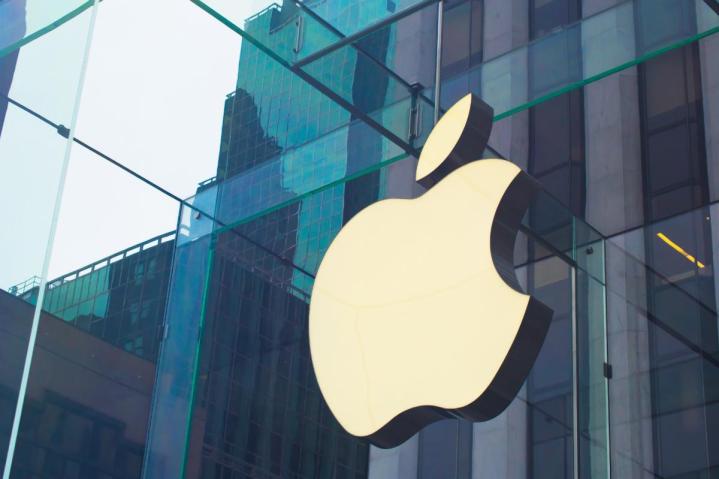
The tech company says the new multi-year project aims to better manage more than up to a million acres of working forests that provide materials for wood and paper products, including for much of its product packaging.
In a release outlining the plan, Apple said it wants to achieve a “net-zero impact on the world’s supply of sustainable virgin fiber and power all its operations worldwide on 100 percent renewable energy.”
The announcement comes just a few weeks after Apple launched its first large-scale solar project in China, a country where the majority of its products are assembled, and a location of increasing importance to the company’s long-term success.
“Forests, like energy, can be renewable resources,” said Lisa Jackson, Apple’s vice president of environmental initiatives. “We believe we can run on naturally renewable resources and ensure that we protect – and create – as much sustainable working forest as needed to produce the virgin paper in our product packaging. This is an important step toward that goal and our commitment to leave the world better than we found it.”
Apple boss Tim Cook said that as the tech firm continues to green its data centers, retail stores, and corporate offices, it’s now eager “to start leading the way toward reducing carbon emissions from manufacturing.”
He added, “This won’t happen overnight – in fact it will take years – but it’s important work that has to happen, and Apple is in a unique position to take the initiative toward this ambitious goal. It is a responsibility we accept. We are excited to work with leaders in our supply chain who want to be on the cutting edge of China’s green transformation.”
The company said that today 87 percent of its global operations run on renewable energy, with the recent China-based initiatives helping to push it toward its goal of 100 percent.
Editors' Recommendations
- Everything Apple announced at its One More Thing event: Macs with New M1 silicon
- Apple, Amazon, and Google accused of using Uighur forced labor in China
- Apple announces the 16-inch MacBook Pro with a brand-new keyboard


